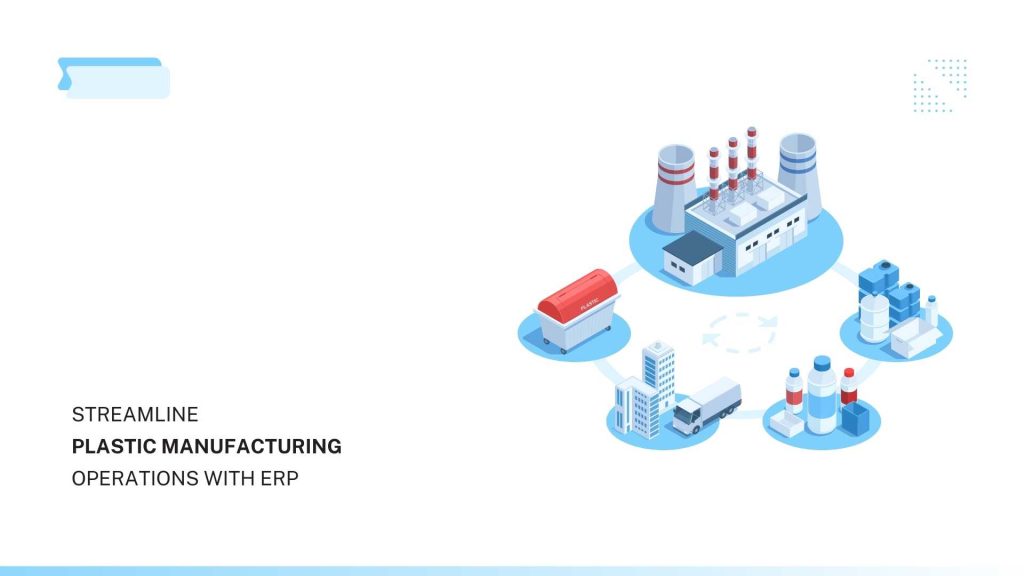Plastic manufacturing is an intricate web of processes, a vital sector that touches almost every aspect of our daily lives. Plastics are omnipresent, from the bottles that hold our drinks to the intricate components within our electronic devices. However, behind their ubiquity lies a diverse and complex production journey.
Seven primary types of plastics dominate this landscape, each with its distinctive manufacturing process. Understanding and optimizing these processes is crucial for efficiency and sustainability within the industry.
Unveiling the Seven Main Types of Plastics
Plastics are categorized into seven main types:
- polyethylene (PE),
- polypropylene (PP),
- polyvinyl chloride (PVC),
- polystyrene (PS),
- polyethylene terephthalate (PET),
- polyurethane (PU),
- polycarbonate (PC).
Each type possesses unique characteristics that dictate its use and manufacturing process.
Polyethylene (PE)
PE reigns as the most produced plastic globally. Its versatility and easy processability make it ideal for various applications, from packaging to construction materials.
Polypropylene (PP)
PP offers a high resistance to heat and is generally used in packaging, textiles, and automotive components due to its durability and flexibility.
Polyvinyl Chloride (PVC)
With its remarkable versatility, PVC finds its way into construction materials, healthcare products, and piping systems, making it indispensable in various industries.
Polystyrene (PS)
PS’s rigid nature and excellent insulating properties make it suitable for food packaging, disposable cutlery, and insulation materials in construction.
Polyethylene Terephthalate (PET)
PET, often used in beverage bottles and food packaging, boasts transparency, toughness, and recyclability, contributing to its widespread usage.
Polyurethane (PU)
Due to its resilience and impact resistance, PU’s versatility allows for applications in foam seating, insulation, coatings, and adhesives.
Polycarbonate (PC)
Known for its transparency and impact resistance, PC finds its place in electronics, eyewear, and automotive components.
Streamlining Manufacturing Processes with ERP
Efficiently managing the production of these diverse plastics necessitates streamlined operations and optimized workflows. ERP systems emerge as an integral tool in achieving this goal.
Inventory Management: ERP systems facilitate real-time tracking of raw materials, ensuring precise inventory levels for uninterrupted production while reducing excess stock and associated costs.
Production Planning and Scheduling: By analyzing demand forecasts and production capacities, ERPs enable efficient planning and scheduling, minimizing downtime and optimizing resource utilization.
Quality Control: Integrating quality control measures within the ERP framework ensures adherence to industry standards, reducing defects and rework while maintaining product quality.
Supply Chain Optimization: ERPs facilitate seamless communication between suppliers, manufacturers, and distributors, enhancing supply chain visibility and agility while reducing lead times.
Sustainability and Compliance: With features to monitor and manage environmental impact, ERPs aid in compliance with regulations, fostering sustainable practices and minimizing waste generation.
Conclusion
In the realm of plastic manufacturing, the integration of Acumatica Cloud ERP stands as a transformative force. Its robust features in inventory management, production planning, quality control, supply chain optimization, and sustainability tracking offer a comprehensive solution tailored to the intricacies of plastic manufacturing.
With Acumatica, manufacturers gain a unified platform that streamlines operations and fosters adaptability and sustainability, empowering the industry to meet evolving demands, reduce costs, minimize waste, and pave the way for a more efficient and environmentally conscious future. Acumatica Cloud ERP emerges as a catalyst for innovation, efficiency, and resilience within the intricate landscape of plastic manufacturing processes.

Vijay comes with a vast experience in ERP and enterprise solutions space with about 20 years of experience in various packaged application like Acumatica, SAP, Orion, Salesforce.com, SugarCRM and, SalesLogix.

